Discover The Secrets Behind Fresh-Smelling Laundry
Have you ever wondered about the formula that creates those distinctive scents on your freshly-laundered clothes? Look no further! Join us as we unravel the mystery behind those delightful fragrances and explore expert tips to achieve the same level of freshness in your laundry. Learn all about it here!
What Causes Your Laundry to Lose Its Fresh Scent?
Below are some factors that may contribute to your laundry not smelling as fresh as store-bought items:
If the Wrong Type of Detergent and Softener Are Used, Clothing Can Suffer Damage
Using an incompatible combination of detergent and fabric softener is the leading cause of unpleasant odors in clothes. Using products with similar fragrances simultaneously can create a clash between scents, preventing them from blending and resulting in the loss of desired scent. Additionally, this clash can lead to the development of an undesirable odor in the clothes.
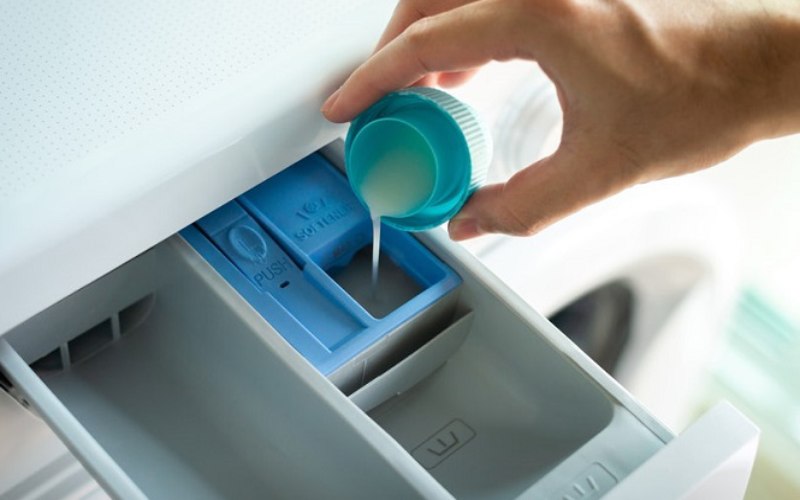
Using the wrong combination of detergent and fabric softener
Negative Impact of Low-Quality Fabric Softener on Clothes Longevity
Using low-quality fabric softener can have significant negative impacts on clothing preservation. One crucial issue that arises is the shortened duration of the fabric softener’s scent on clothes. This is primarily due to the inferior quality of the fabric softener product, which fails to maintain a long-lasting fragrance.
Using fabric softener correctly is essential for preserving the scent on clothing. Instead of pouring fabric softener directly onto clothes, it is recommended to add the fabric softener to the water in the washing machine or dilute it with water before pouring it into the machine’s tub. This method helps prevent fabric softener residue, which can lead to difficult-to-remove stains.
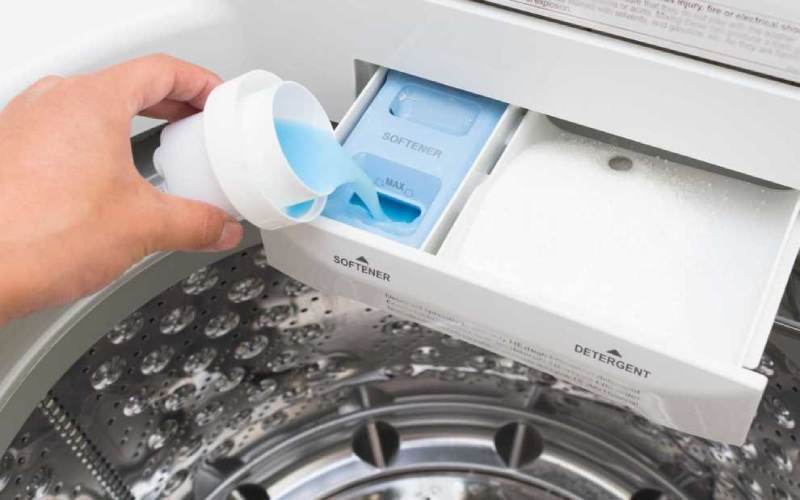
Image: Using low-quality fabric softener
Prevent Indoor Air Pollution From Getting Worse: Avoid Scented Paper and Essential Oils
Please refrain from using scented paper or essential oils while doing laundry, as they may result in overpowering scents or conflict with the fragrance of fabric softener. The mixture of various fragrances can lead to undesirable outcomes and disrupt the delicate balance of scents.
To maintain a natural and harmonious scent on your clothes, it is important to choose high-quality detergent and fabric softener. If you prefer to use scented paper or essential oils, it is advisable to avoid adding fabric softener to prevent conflicting scents.
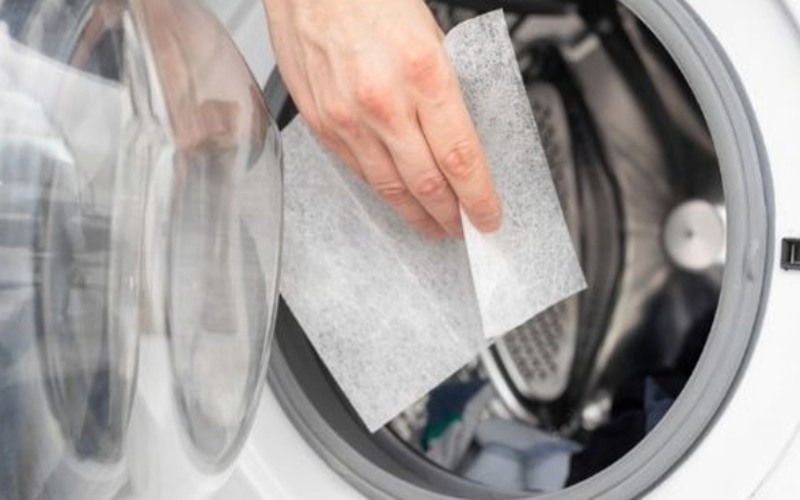
Avoid using scented paper or essential oils for laundry
Study Finds Delaying Drying of Clothes After Washing Can Cause Damage
Leaving freshly washed clothes in the washing machine without promptly drying them can lead to the loss of their initial scent and facilitate the growth of bacteria. It is common for individuals to wash their clothes in the evening and leave them in the machine overnight to dry. However, this practice can result in the fading of the scent and the development of a musty odor caused by bacterial growth. To preserve the scent and overall cleanliness of the clothes, it is advisable to promptly dry them after the washing process has concluded.
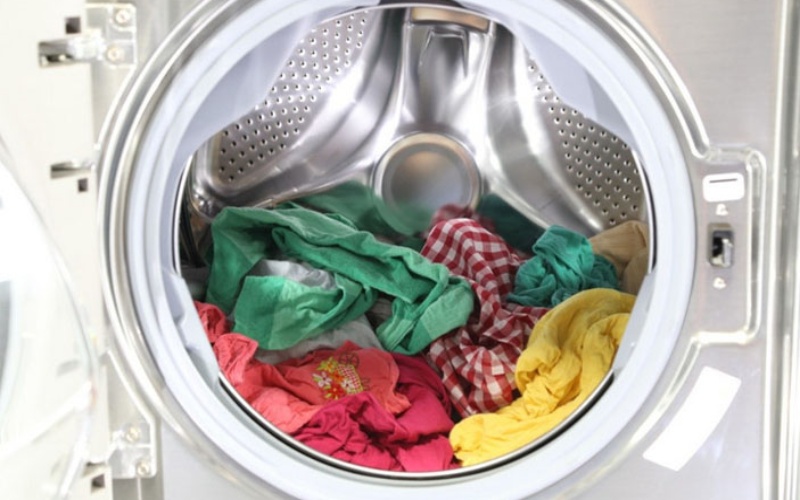
Not drying the clothes immediately after washing
The Dangers of Not Cleaning a Washing Machine Regularly: Mold
Regularly cleaning your washing machine is crucial to maintaining its performance and preventing the buildup of bacteria and dirt in inaccessible areas. Failure to do so can result in unpleasant odors and may negatively affect the cleanliness of your clothes.
To ensure a long-lasting scent and cleanliness, it is important to promptly dry your clothes and regularly clean your washing machine to eliminate dirt and bacteria. These practices help safeguard the clothes, ensuring they always maintain a natural and fresh scent, comparable to that achieved in a professional laundry facility.
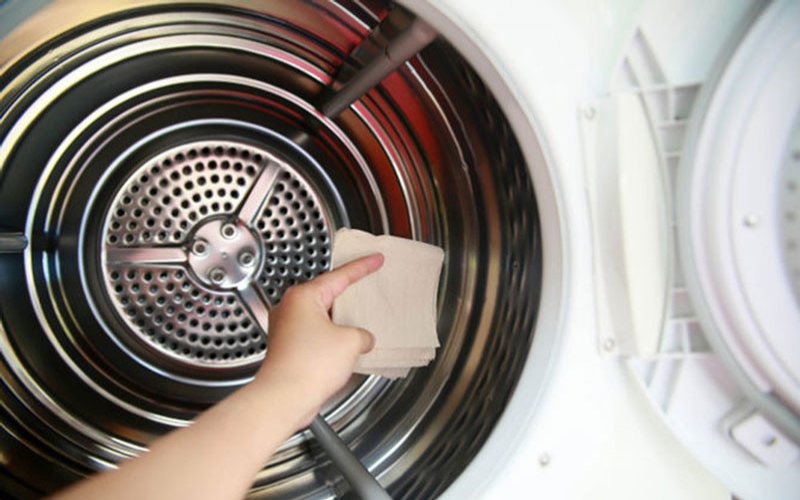
How to Keep Laundry Smelling Fresh for an Extended Period
How to Select the Right Washing Program for Different Fabric Materials?
It is important to have a good understanding of fabric materials when choosing the appropriate washing program. Each type of fabric requires a specific washing method, which is usually indicated on the product label. Taking the time to check the fabric material before washing can help protect and prolong the lifespan of your clothes, as well as maintain their scent.
For optimal care, it is important to consider the fabric material when washing clothes. Delicate fabrics like silk or lace should be washed using a gentle wash program, whereas denim or cotton can endure a stronger wash program. Hot water can be effective in removing stains, but it is important to be cautious with materials like polyester to prevent fabric deformation and maintain the durability of the clothes. By selecting the appropriate washing program according to the fabric type, you can ensure that your clothes remain clean and fresh.
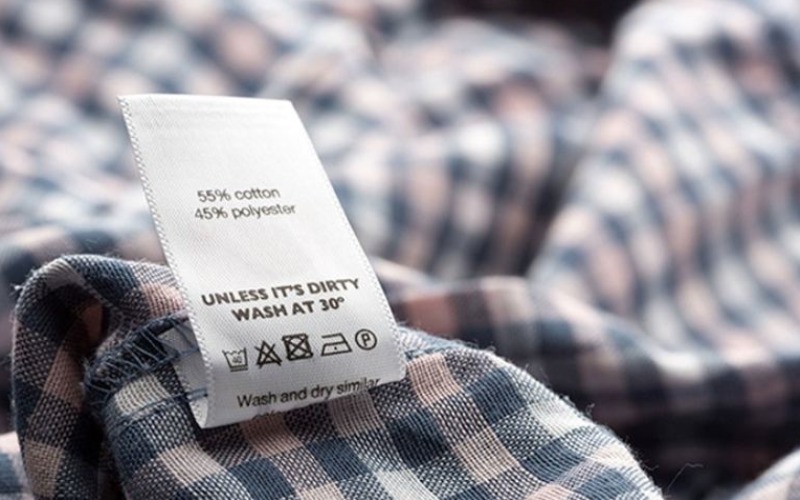
Understand the fabric material to choose the appropriate washing program
Preparing Clothes for Washing Machine: Tips for a Proper Pre-wash
Before placing clothes in the washing machine, it is recommended to pre-wash them to enhance cleaning performance. Utilize a brush and a small amount of soap to effectively treat difficult stains, particularly in hard-to-reach areas.
The use of pre-washing in conjunction with machine washing not only enhances dirt removal but also aids in the softening of clothes and allows for deep penetration of soap bubbles into fabric fibers. This combination is highly effective in achieving cleanliness and removing stubborn stains from clothing.
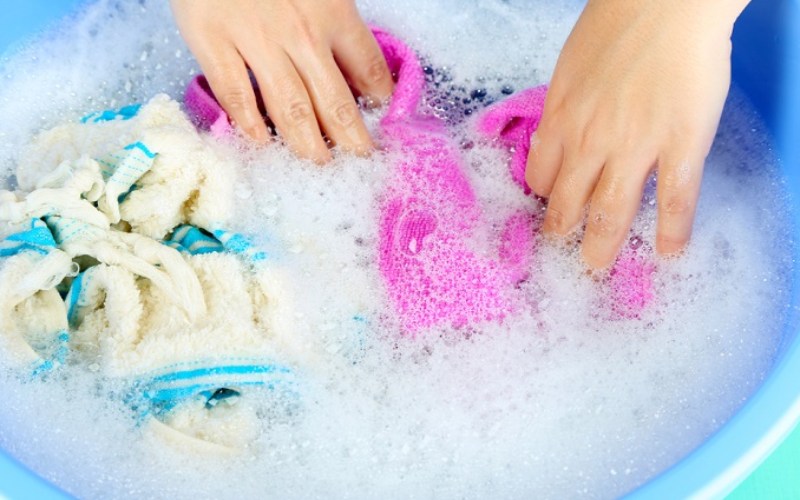
Before using the washing machine, it is recommended to pre-wash the clothes.
“Achieving the Perfect Ratio of Fabric Softener to Detergent/Laundry Liquid”
When using laundry products, it is essential to select dependable brands that provide transparent ingredient lists and reliable expiration dates. To achieve optimal results, it is important to use the appropriate quantities of detergent and fabric softener based on the load size. This will not only save resources but also prevent excessive residue or insufficient cleaning.
For washing machines, it is typically recommended to use one cap of fabric softener for every 4 – 5kg of clothes. When hand washing, a half cap of fabric softener should be sufficient for every 10 – 15 pieces of clothes. It is important to adjust these amounts based on individual circumstances and the specific fabric materials being washed. Additionally, it is crucial to ensure that both the detergent and fabric softener are placed in their designated compartments within the washing machine, as indicated on the machine’s surface.
If your washing machine does not have a separate compartment for detergent, it is recommended to dissolve the detergent in water before or after loading the clothes into the tub. Once the detergent is dissolved, press the wash button to begin the washing program. For fabric softener, follow the same process after the washing program is complete.
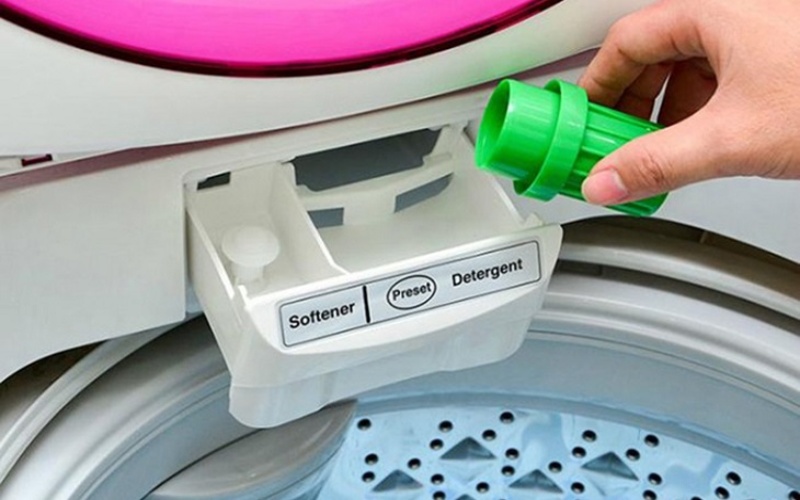
Use the right amount of fabric softener and detergent/laundry liquid
How to Use Essential Oils and Scented Paper to Combat Air Pollution
Using essential oils or scented paper is a great way to add a pleasant aroma to your clothes. To use essential oils, simply mix them with water and add them to the washing machine after the regular wash cycle is complete. This allows the clothes to absorb the fragrance. Another option is to use scented paper by placing 1-2 sheets in the washing tub. This will help the clothes maintain the fragrance for a longer period of time. It’s important to note that when using essential oils or scented paper, it is best to avoid using fabric softener to prevent any overpowering scents or unwanted scent conflicts.
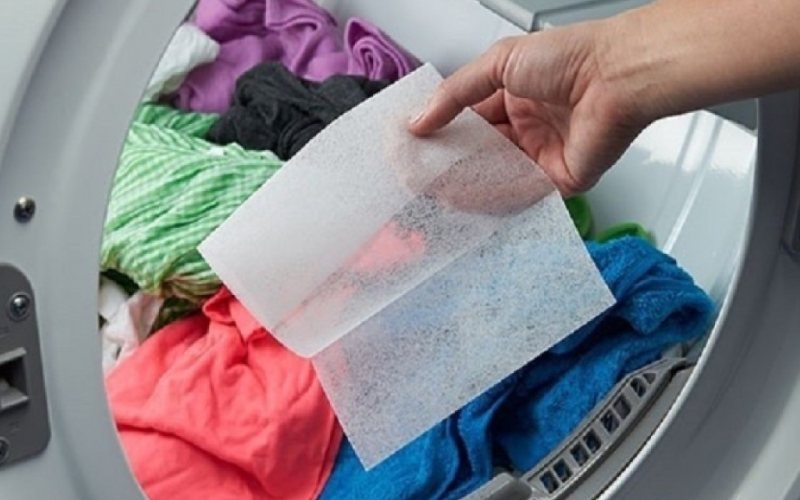
Use essential oils or scented paper
How to Properly Dry Clothes After Washing
To ensure optimal drying conditions for your clothes, it is recommended to select a well-ventilated area that offers ample air circulation. Additionally, it is advisable to avoid exposing your clothes directly to sunlight.
It is important to remember to dry your clothes inside out in order to protect the color and maintain the natural scent. For fabrics made of cotton and linen, it is recommended to dry them in shade or in a cool place to prevent damage to the fabric fibers caused by high temperatures.

Properly dry the clothes
Here are some useful tips for achieving the same fresh scent for your clothes as they have in the store. We trust that this article will assist you in effectively washing your garments and leaving them smelling as invigorating as when you bought them.





































